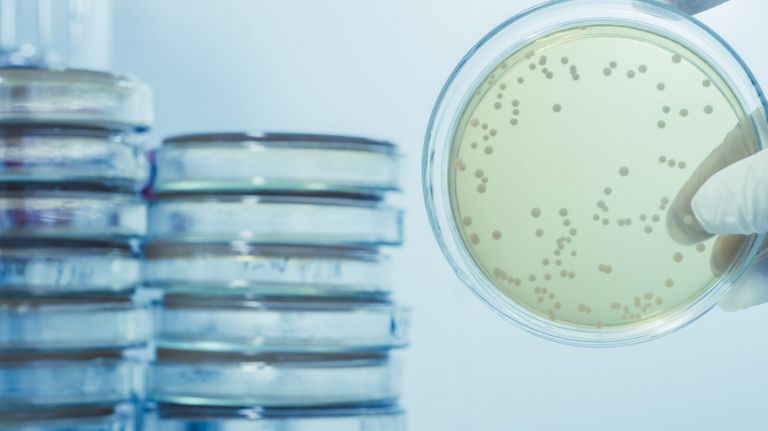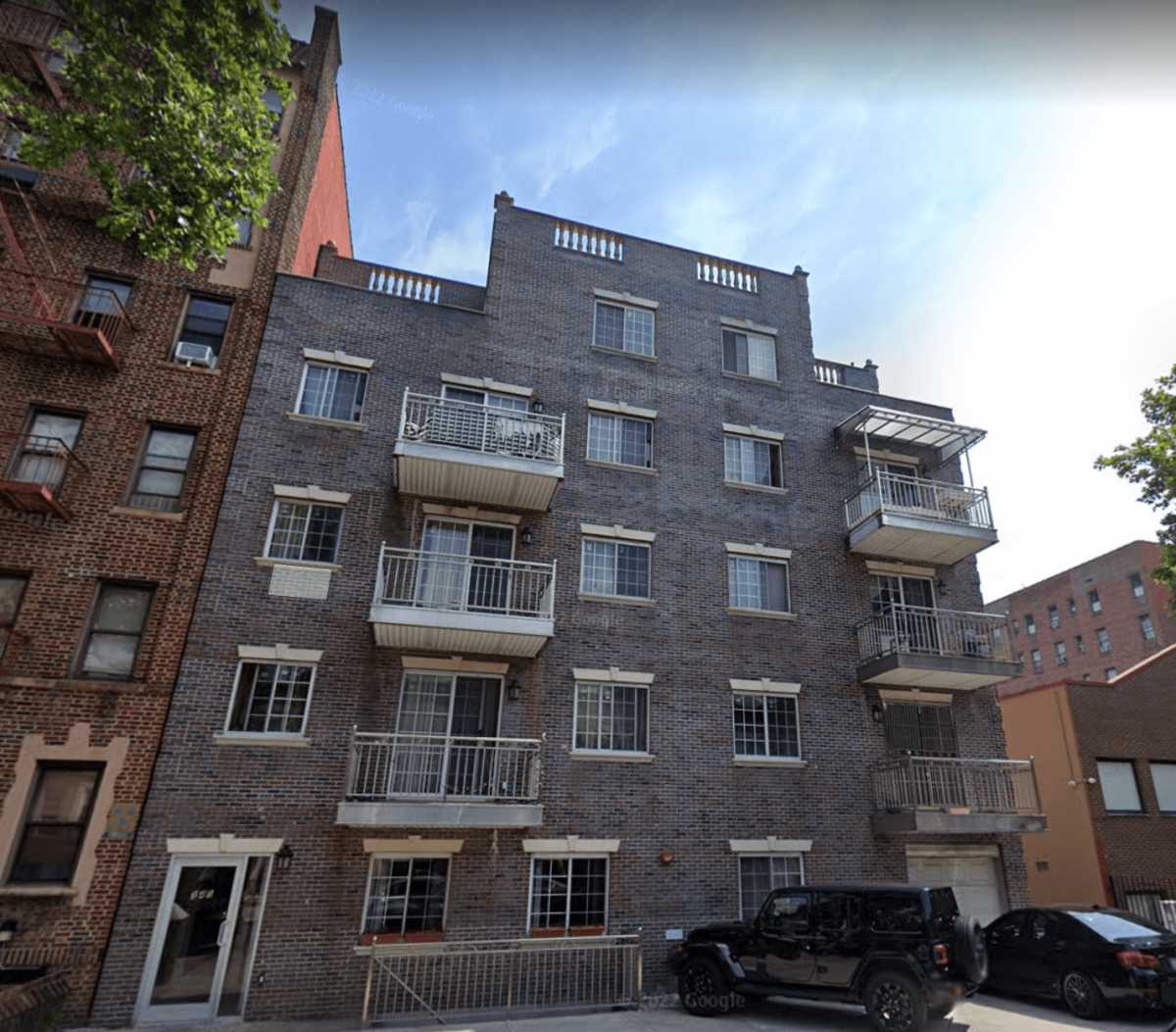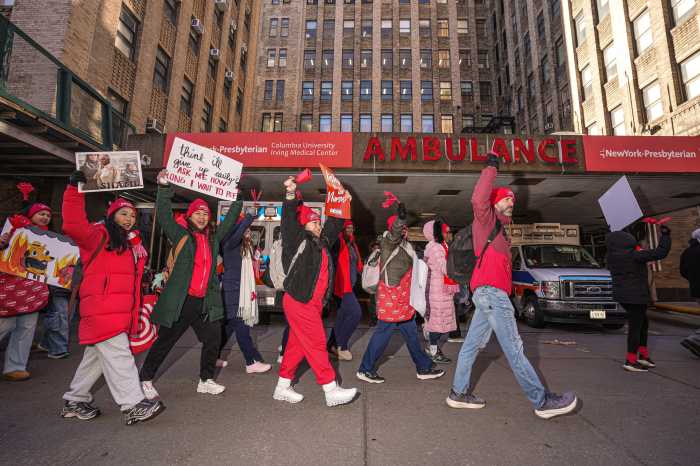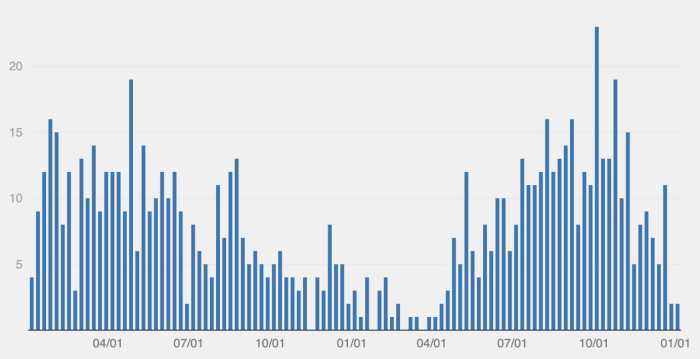
There are between 350 and 450 cases of Legionnaires’ disease in the city every year, according to the city Department of Health.
Here’s what you need to know about Legionnaires’ disease:
What is Legionnaires’ disease and how do you get it?
Legionnaires’ disease is a type of pneumonia that is caused by the Legionella bacteria.
The Legionella bacteria is found naturally in freshwater environments, such as lakes and streams, but when it grows in human-made water systems, like cooling towers, hot water tanks, showers and faucets, it can be a health concern, the Centers for Disease Control and Prevention said.
People get Legionnaires’ disease by breathing in water vapor containing the bacteria. It can’t be contracted by drinking water, unless the water “goes down the wrong pipe” into the windpipe and lungs, instead of the digestive tract, the CDC said.
Is it contagious?
No, the disease is not spread from person to person.
What are the symptoms?
Symptoms of the disease include fever, cough, muscle aches, chills, headaches, loss of appetite, fatigue, confusion and diarrhea. Symptoms usually appear two to 10 days after exposure to the Legionella bacteria, the city’s health department said.
How is it treated?
The disease is treated with antibiotics. In most cases, treatment is successful, especially if the disease is detected early. About one out of every 10 people who get Legionnaires’ disease dies, the CDC said.
Who is most at risk?
Legionnaires’ disease is especially dangerous for people older than 50, smokers, people with chronic lung disease, people with weakened immune systems, people who have cancer and people with illnesses like diabetes, kidney failure or liver failure, the CDC said.
How can it be prevented?
There is no vaccine that prevents Legionnaires’ disease. People who are at a higher risk of getting Legionnaires’ should take baths, instead of showers, to avoid the mist that is created by a shower. They should also avoid creating mist by running water slowly.
The best prevention measure is keeping water systems in buildings maintained to reduce the chance of the bacteria growing. After an outbreak of the disease in the South Bronx in 2015 was traced back to cooling towers, the city passed legislation to require building owners to take certain steps to reduce Legionella growth in the towers, including regular inspections and cleanings.
With Lauren Cook




































